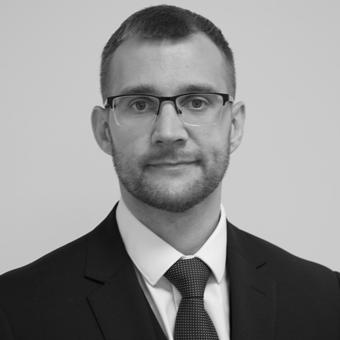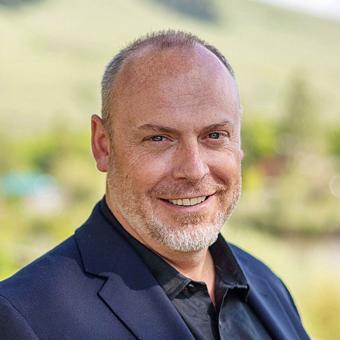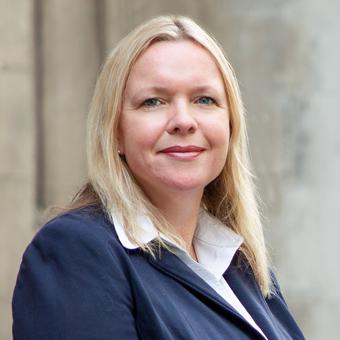Saimo Chahal, Joint Head of Public Law and Human Rights team at Bindmans LLP & solicitor for Paul Lamb: Euthanasia - A Physician-assisted Death...
The case of Paul Lamb and Tony Nicklinson before him raises interesting legal, moral and philosophical questions about euthanasia. The word itself is Greek in origin and means “a good death” and refers to the practice of intentionally ending life in order to relieve pain and suffering. It divides opinion and has very different connotations in the UK, where it has negative associations, compared to say Holland where the practice of ending life when a person is suffering pain that cannot be relieved due to a terminal illness or serious medical condition has been in existence for over 30 years. The option to end life with help from a doctor is seen as enhancing an individual’s choice as well as being consistent with a doctor's ethical duty to end pain and relieve suffering.
The cultural context is all-important and it seems that we have a long way to go to catch up with the law in the Netherlands as well as in changing beliefs and values. The British public at least appears ready to make that shift, whilst political and judicial opinion seems to be trailing some way behind.
The case of Paul Lamb tested these issues in the Court of Appeal which took place on 13th and 14th May. Paul is a 57-year-old man who suffered a road traffic accident in 1990; he sustained multiple injuries which left him paralysed. He was granted an Order by the Court of Appeal on 13th March, allowing him to take over where Tony Nicklinson left off on the issue of the right to die with the help of a doctor. The court has reserved judgment and is expected to make a decision in the next few weeks.
Paul said in his statement that in the last 23 years he has endured significant pain, grief and distress. He has given life his best shot and is now worn out, fed up and trapped leading a dull, monotonous life which he no longer wants to live.
Paul’s case was joined to that of Jane Nicklinson. She is pursuing a claim in her own right under Article 8 (right to private and family life) of the European Convention. She suffered pain, distress and injury as a result of witnessing the cruel and painful death which her husband was forced to endure because he was unable to end his own life.
On receiving the news that Paul could take over Tony Nicklinson's case, Paul had this to say: “I hope that this is the next step towards the ultimate goal of changing this cruel law, which keeps people like me alive when I want to have a dignified death. To be given this chance of being involved in the case makes me very proud….I have always been an extremely strong character and when I believe in something, I can take on the world. So, for the sake of everyone in this country who deserves the right to have a dignified death, I hope that we can make this happen.”
In my capacity as Paul’s solicitor, I feel it was an important moment when he was joined to the proceedings. The fact that the court agreed to this was recognition of the very wide significance of the issues and the public interest in having a decision on the right to die with dignity issue. As well as Paul, five other supporters with different conditions who want to die with dignity have come forward to support his case. This is not an isolated issue but an issue which engages the attention of anyone who has ever valued life and wants respect and dignity at the end of life.









